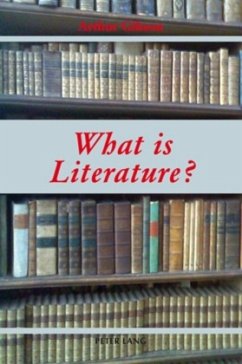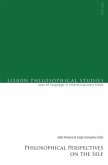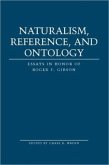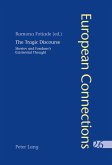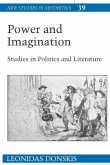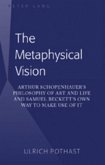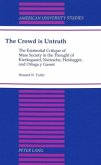The answer to the question 'what is literature?' has not been found. This is the first book-length attempt to find the answer, by one author, since Sartre in his 1948 book with the same title. The book addresses issues such as: how does literature speak to the world; what is great writing; what is originality; what sorts of truths are there, if any, in creative writing? The book uses hundreds of literary examples, and confronts them with philosophy. The book also explores some big questions about the meaning of life, and sets them against a range of literature. It asks questions like: how does great science relate to literature? The book advances the concept of counter-intuition, as part of the basis for answering the question 'what is literature?' The book is also concerned with practical matters, such as the ways literature is involved with war, corruption, rights, suffering and hope.
Bitte wählen Sie Ihr Anliegen aus.
Rechnungen
Retourenschein anfordern
Bestellstatus
Storno

